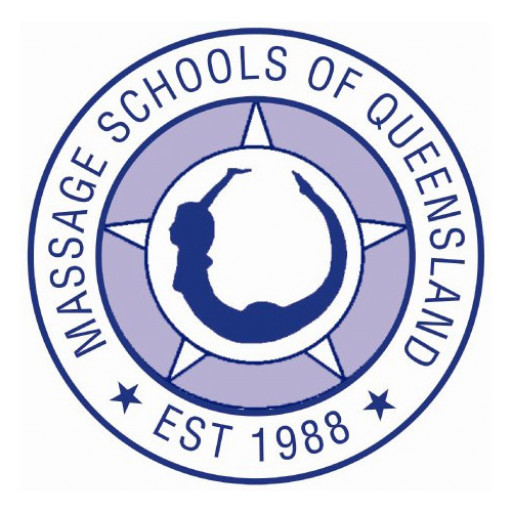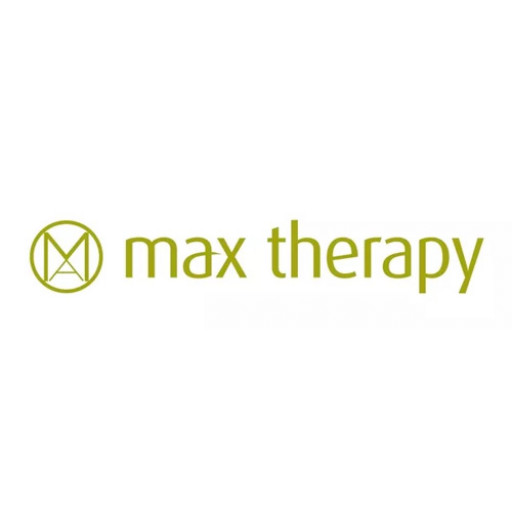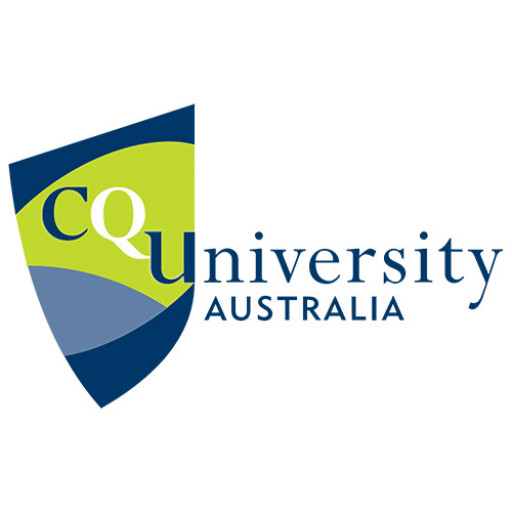Photos of university / #ubridgeport
The Master of Science in Acupuncture at the University of Bridgeport offers a comprehensive and in-depth exploration into the traditional and contemporary practices of acupuncture, combining rigorous scientific study with ancient healing methods. This program is designed for individuals seeking to become licensed acupuncturists and practitioners, equipped with the knowledge and skills necessary to deliver high-quality care to diverse patient populations. Throughout this program, students will engage in extensive coursework that covers foundational anatomy, physiology, pathology, and biomedical sciences, providing a solid scientific understanding of the human body and its functions. Complementing this biomedical knowledge, students will dive deeply into Traditional Chinese Medicine (TCM) principles, learning about meridian theory, point location, and treatment strategies that are integral to acupuncture practice.
The curriculum emphasizes practical, hands-on training through supervised clinic experiences, enabling students to develop proficiency in needling techniques, patient assessment, and treatment planning. The program fosters a holistic approach to health, encouraging students to integrate acupuncture with other modalities such as herbal medicine and lifestyle counseling, aligning with current integrative healthcare trends. Students benefit from experienced faculty members who are leading practitioners and researchers in their fields, providing mentorship and up-to-date clinical insights.
Research and evidence-based practice are core components of the program, ensuring graduates are prepared to adapt to advancements in acupuncture research and contribute to its ongoing development. The program also prepares students for licensing examinations required for practice, supporting their professional goals and ensuring adherence to national and state standards. With a focus on ethical practice, cultural competence, and patient-centered care, the Master of Science in Acupuncture at the University of Bridgeport prepares graduates to serve effectively in diverse healthcare settings, whether in private practice, clinics, or hospitals.
Graduates of this program will be well-equipped to promote health and wellness, facilitate healing, and improve quality of life through expert acupuncture therapy. The program’s comprehensive approach, combining scientific rigor with traditional knowledge, makes it an excellent choice for aspiring practitioners committed to advancing their careers in integrative medicine and holistic healthcare.
The Bachelor of Science in Acupuncture program at the University of Bridgeport offers a comprehensive education designed to prepare students for a rewarding career in holistic healthcare. This program combines traditional Chinese medicine principles with modern biomedical sciences to provide students with a well-rounded understanding of acupuncture techniques, patient care, and clinical practice. Throughout the program, students will explore the history, theories, and philosophies underlying acupuncture and other Oriental medicine modalities, gaining valuable insights into their applications for various health conditions.
The curriculum emphasizes both theoretical knowledge and practical skills. Students will learn how to perform acupuncture safely and effectively, including needling techniques, palpation, and diagnosis. In addition, coursework covers related topics such as anatomy, physiology, pathology, herbology, nutrition, and Western medical sciences, enabling students to integrate Eastern and Western approaches to healthcare. The program also incorporates clinical experiences where students can observe and practice acupuncture under the supervision of licensed professionals, preparing them for licensure and professional practice.
Beyond clinical skills, the program fosters development in communication, ethics, and patient-centered care, essential qualities for successful practitioners. Students will have access to state-of-the-art facilities and resources, including modern treatment rooms and simulation labs, to hone their skills in a realistic environment. The program aims to produce competent, compassionate practitioners who can serve diverse communities and promote wellness through acupuncture and integrative therapies.
Graduates of this program will be equipped to pursue licensure and establish their own practices or work in multidisciplinary healthcare teams. The University of Bridgeport’s acupuncture program is committed to academic excellence, ethical standards, and lifelong learning, ensuring that graduates are prepared to contribute meaningfully to the evolving field of alternative and complementary medicine.
Program Requirements for the Master of Science in Acupuncture at the University of Bridgeport include completing a comprehensive curriculum designed to prepare students for professional practice. Students must complete a minimum of 60 credit hours, which encompass core courses in acupuncture theory, Chinese medicine fundamentals, biomedical sciences, and clinical practice. Prerequisites typically include undergraduate coursework in anatomy, physiology, and biochemistry to ensure students have a solid foundation prior to advanced training. The program emphasizes both classroom instruction and extensive clinical experience, with students required to complete a specified number of supervised clinical hours to develop practical skills and competence in patient care. Additionally, students must pass both written and practical exams to demonstrate their understanding of the material and proficiency in acupuncture techniques. The program also includes coursework on ethics, professionalism, and licensing requirements relevant to practicing acupuncturists. International students or those with foreign credentials may need to provide transcripts for evaluation and fulfill English language proficiency requirements. Some courses may demand participation in workshops, seminars, and peer-reviewed case presentations, encouraging collaborative learning and professional development. Completion of a research project or thesis may be required for graduation, aiming to foster evidence-based practice and scholarly inquiry in the field of acupuncture. Students are advised to maintain a minimum GPA as specified by the university, typically around a 3.0 or higher, throughout their studies. The program may also include continuing education components or preparatory courses for licensure examination, depending on state and national licensing standards. Overall, the program seeks to produce well-rounded practitioners equipped with theoretical knowledge, clinical skills, and ethical standards to succeed in the healthcare industry.
The University of Bridgeport offers various financing options to support students pursuing the Acupuncture program. Students can explore federal and state financial aid programs, including grants, loans, and work-study opportunities, which are designed to make education accessible and affordable. To qualify for federal student aid, applicants must complete the Free Application for Federal Student Aid (FAFSA) and meet specific eligibility criteria such as citizenship status and academic progress requirements. The university also provides information and support for students seeking private loans, which may involve borrowing from banks or other financial institutions to cover tuition costs and related expenses.
Additionally, the university occasionally offers scholarship programs specifically targeted at students enrolled in healthcare or alternative medicine programs. These scholarships may be merit-based or need-based and can significantly reduce the financial burden of completing the program. Students are encouraged to research and apply early for such opportunities, as funds are limited and awarded on a competitive basis. The university's financial aid office provides personalized assistance to help students understand their options, complete necessary applications, and develop a manageable payment plan.
In terms of payment options, the University of Bridgeport offers installment plans that allow students to spread out tuition payments over the duration of their studies, thereby reducing the immediate financial impact. Some students may qualify for employer tuition reimbursement if they work in related fields or have sponsorship from healthcare organizations. Veterans and active-duty military personnel can access educational benefits through the GI Bill and other veteran assistance programs, which can significantly offset costs.
International students should be aware that financing options may differ, and they are advised to consult the university's admissions and financial aid offices to explore available resources. The university is committed to providing transparent information about costs and financial aid processes, ensuring students are equipped to make informed decisions about financing their education. Overall, the University of Bridgeport endeavors to support students financially through various avenues, promoting the successful completion of the Acupuncture program while managing the associated expenses.
The Master of Science in Acupuncture at the University of Bridgeport offers students comprehensive training in the traditional Chinese medicine practice of acupuncture, integrating modern Western medical sciences to prepare graduates for a diverse healthcare environment. The program combines theoretical coursework with practical clinical experience, emphasizing the development of technical proficiency, clinical judgment, and patient communication skills. Students learn about the anatomy, physiology, pathology, and diagnosis processes relevant to acupuncture, along with an in-depth study of Chinese herbal medicine, meridian theory, and acupuncture point location and techniques.
The curriculum includes foundational courses in biomedical sciences, acupuncture theory, and Chinese medicine principles, gradually progressing to specialized clinical practice sessions. The clinical component allows students to treat real patients under supervision in university-affiliated clinics, fostering hands-on experience and confidence in their skills. The program's faculty comprises experienced practitioners and educators dedicated to mentoring students and ensuring they achieve professional competence.
Graduate outcomes include the ability to work as licensed acupuncturists, with skills applicable in private practices, integrative healthcare settings, or multidisciplinary clinics. The program prepares students for the licensing exam required in many states and jurisdictions, supporting their journey towards certification and professional accreditation. In addition to technical training, students are encouraged to develop a holistic understanding of the health and wellness approaches rooted in Asian medicine, integrating these methods with contemporary medical practices to offer comprehensive patient care.
The University of Bridgeport's campus facilities provide modern laboratories, treatment rooms, and academic resources necessary for effective training. The program emphasizes evidence-based practice and research to stay current with developments in acupuncture and integrative medicine. Graduates of the program are equipped with both traditional acupuncture skills and an awareness of Western medical practices, enabling them to serve diverse patient populations effectively.
Overall, the Master of Science in Acupuncture at the University of Bridgeport aims to produce highly skilled, ethically committed professionals who can contribute to the evolving field of integrative health. Students benefit from a supportive academic environment, practical clinical experiences, and a curriculum designed to foster lifelong learning and professional growth in the field of acupuncture and Chinese medicine.








